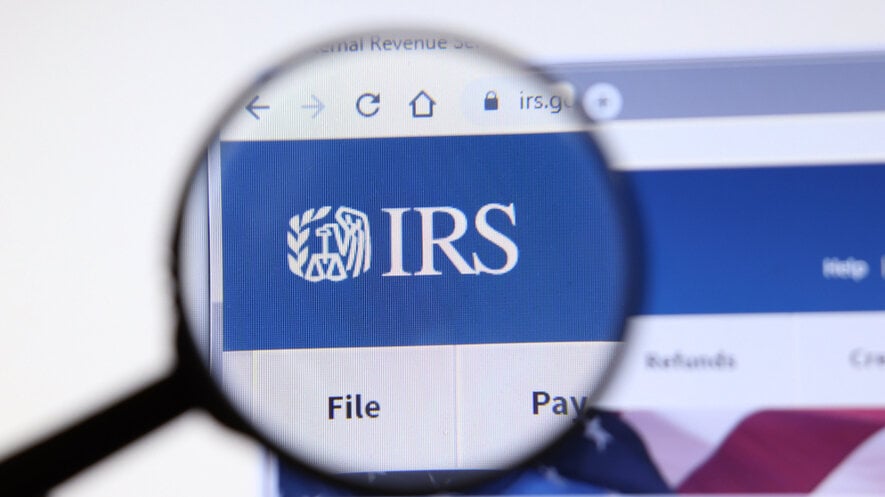Lawmakers in the U.S. House of Representatives advanced a resolution on Wednesday that aims to prevent the Internal Revenue Service from imposing tax reporting requirements on decentralized finance, or DeFi, projects.
The chamber’s Ways and Means Committee, by a 26-16 vote, teed up the measure for a broader vote on the House floor, where pro-crypto Republicans hold a slim majority. The joint resolution seeks to stamp out an IRS tax regime for DeFi projects approved in December.
House Ways and Means Chair Jason Smith (R-MO) said in a statement on Wednesday that the IRS tax rule seeks to “unnecessarily regulate the providers of digital wallets.” He argued it would only benefit non-U.S. firms that are exempt from the rule’s “burdensome requirements.”
Under the recently approved rule, a modification to the IRS’ definition of “broker” requires DeFi projects to abide by the same transaction reporting rules as bond and stock brokers on Wall Street. The change also applies to centralized exchanges—or any crypto project facilitating the transfer of digital assets that belong to another person.
The rule requires DeFi projects to send users a so-called Form 1099 tax document. That would effectively remind users that crypto transactions are taxable while also reducing “inadvertent errors or noncompliance,” according to a blog post from the U.S. Treasury Department—which also played a role in formulating the rule.
Before the resolution can be finalized under the Congressional Review Act with President Donald Trump’s signature, it also needs to be passed in Congress by a simple majority.
“America’s goal should be to prioritize innovation, and this rule is the opposite,” Sen. Ted Cruz (R-TX) said in promoting a similar resolution that he unveiled in the Senate in January.
The Blockchain Association was among many trade groups that condemned the IRS tax rule as it gained momentum in the twilight of former President Joe Biden’s administration.
Targeting a corner of the digital assets industry that seeks to create autonomous financial services through smart contracts, the Blockchain Association argued the IRS’ new tax rule would be impossible to impose on DeFi projects.
“Any attempt to link wallet addresses to personal identities would create a serious and permanent privacy issue for those users,” the Blockchain Association wrote, equating the measure to publishing credit card transactions online.
Edited by James Rubin
Daily Debrief Newsletter
Start every day with the top news stories right now, plus original features, a podcast, videos and more.




